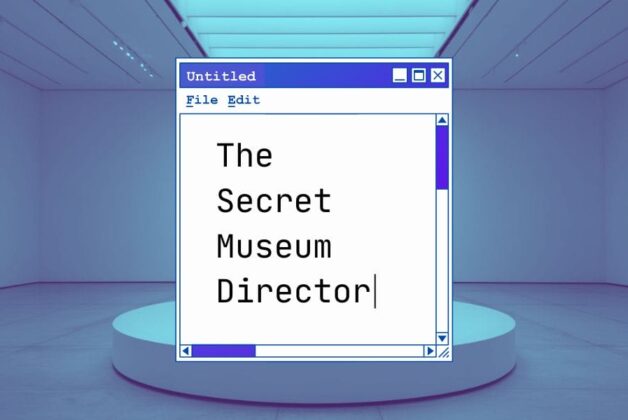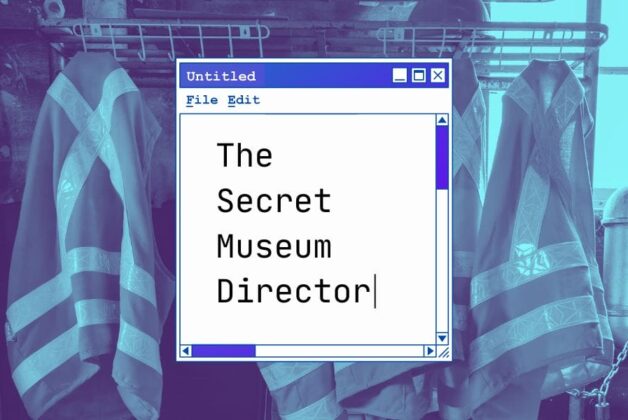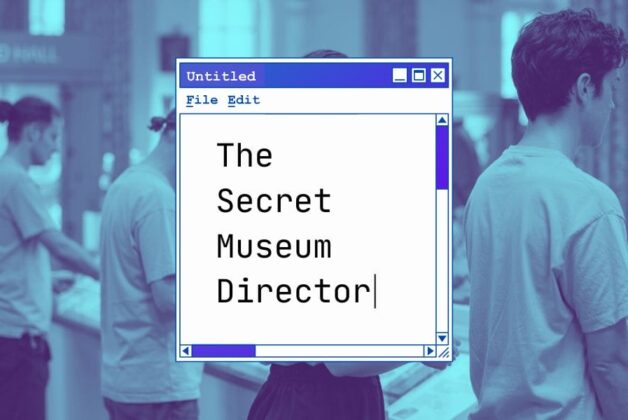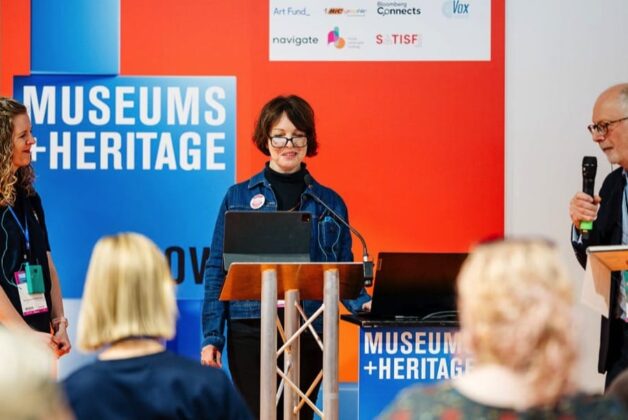For us, former Gamesmakers, 2013 will be a poor follow on to the excitements of 2012. We still have our uniforms, red pens, and of course our silver baton, to remind us of the glorious events of July/August last year. Some have formed themselves into choirs, others turn up on every public occasion in their uniforms, and many secretly re-live it all at home, jogging round the house in their purple and red or watching the London 2012 commemorative DVD over and over again!
Various bodies from No 10 downwards are keen to maintain the fervour of the enormous voluntary effort made not just by the Gamesmakers, but the volunteer performers at the ceremonies, and by the London Ambassadors (that can still be seen around London in their bowler hats helping hapless tourists unprepared for such friendliness from Londoners). But whatever they come up with to inspire us, it won’t be the same. Bring back London 2012, I say!
Blue Plaques
How much does it cost to put up a Blue Plaque? English Heritage suffering severe cuts got into hot water with the media when they announced that they were cutting the Blue Plaque scheme. This recognises well-known people by placing a blue plaque on the building where they lived in London. It was founded in 1866 and run by the Royal Society of Arts; EH took it over in 1986. Everyone got the wrong end of the stick in early January, assuming from the announcement that all plaques would disappear overnight, or at least that there wouldn’t be any more. But in fact EH had said they were reducing the four dedicated staff to two, processing approved applications only, while planning for the future. So another lesson in how important it is to be absolutely crystal clear when dealing with media. Always expect the worst interpretation on a woolly story. And how many people does it take anyway to put up a plaque? There are over 800 plaques already all round London, a guidebook dating to 2009, and quite a lot of information on the website with a searchable register. It looks like a crisis in a teacup to me. http://www.english-heritage.org.uk/discover/blue-plaques/
And what do visitors want?
Anyone in marketing knows the temptation of commissioning yet another bit of research. In the museum sector this urge is usually dampened by lack of finance but there are still more answers floating around in shelved reports than there are useful analyses and action plans. So do we need another major piece of research on what the public wants from museums? The Museums Association thinks so and as part of its Museums 2020 initiative has commissioned Britain Thinks, a research organisation, to ask a cross section of the public what they want from museums. The starting point is the initial 2020 consultation with the sector which seemed to divide museums into three camps – first the traditional, collections-based museums, then those who see themselves as part of the tourist attractions industry and a third group with a mission to influence and change society.
By March Britain Thinks will come up with some answers. My guess – some of each!
Recently published figures in the on-going Taking Part survey bears this out and shows quite clearly that museums and galleries are doing most things right already despite cutbacks. The proportion of the population who visits annually is now 52 per cent (42 per cent in 2005/6). More people are also using digital resources for information and to book tickets for exhibitions and events.
http://www.culture.gov.uk/publications/9547.aspx
Remember this?
Some of you will remember Museums and Galleries Month and some of the other activities organised by the Campaign for Museums. The legacy of those annual promotions survives in Museum at Night now organised by Culture24 which promises to be bigger and better this coming May. But there is now a permanent record as well: from the first Museums Week in 1997 to the last Museums and Galleries Month in 2008. Also preserved are some of the specific London promotions such as Discover London Trails. The London Metropolitan Archives have taken on the archives of the Campaign for Museums including print and photographs. In due course these will be available to students and researchers. Your blogger, as the former director of the Campaign and Loyd Grossman as former chairman, are delighted that the hard work of very many people who took part in seminars, conferences, planning meetings and activities, will be available for the future.




